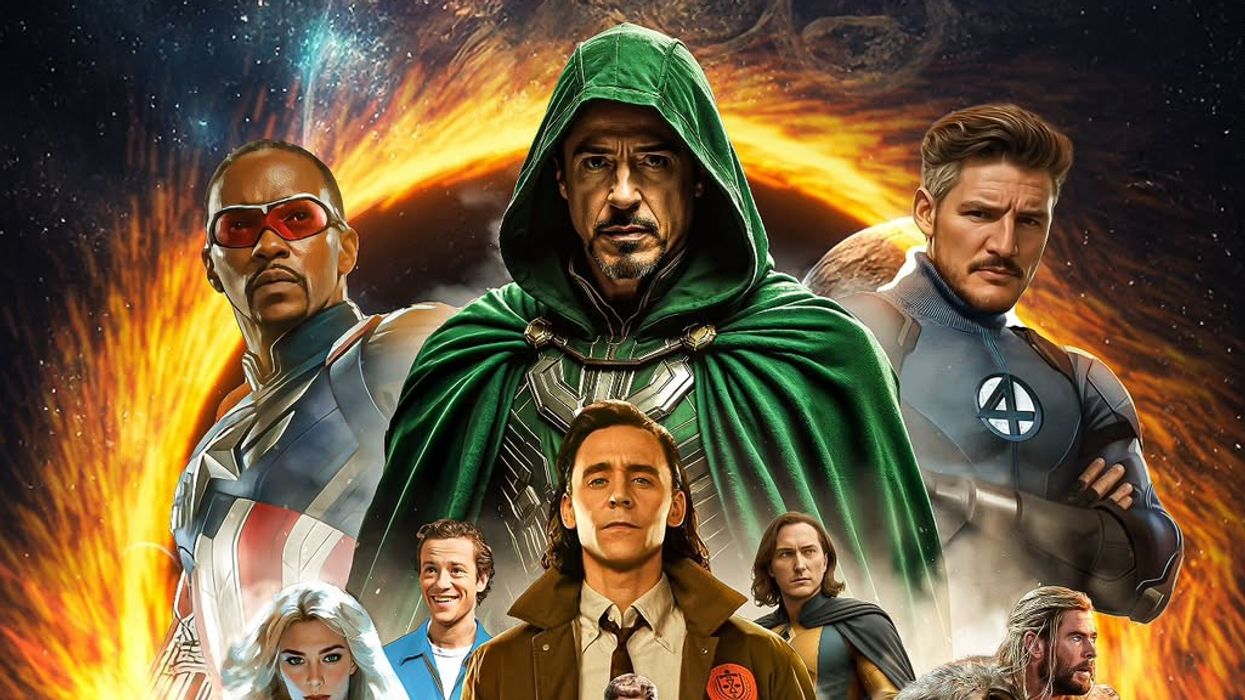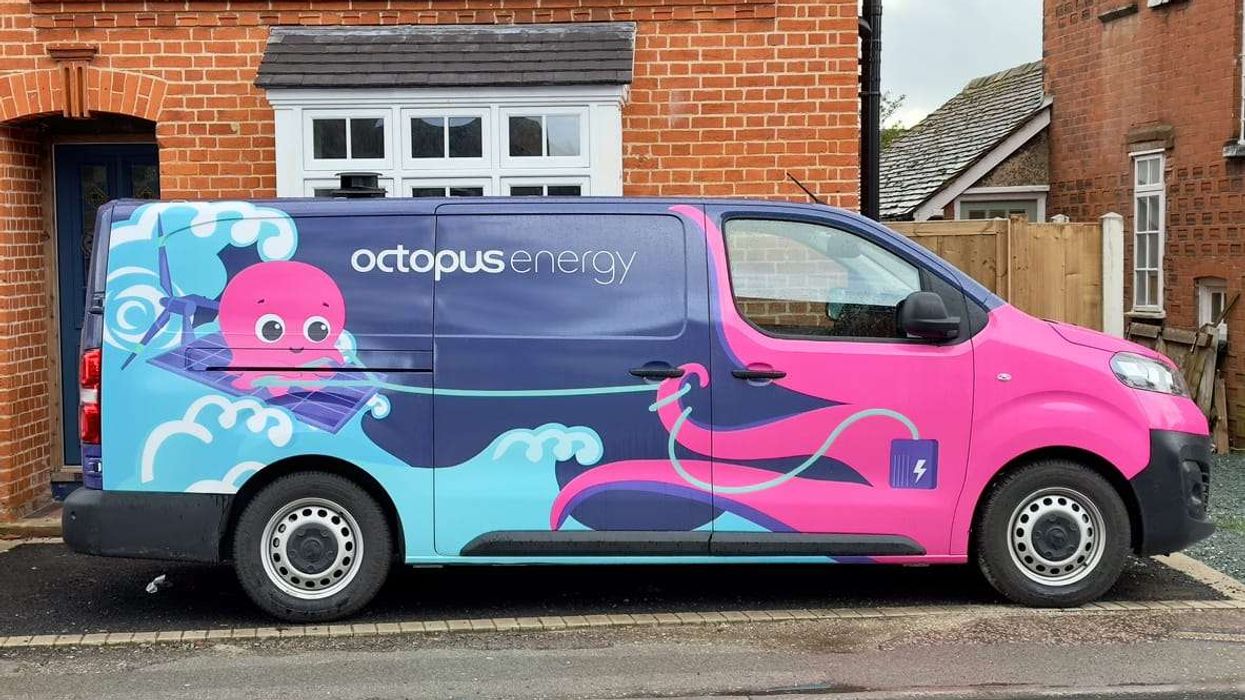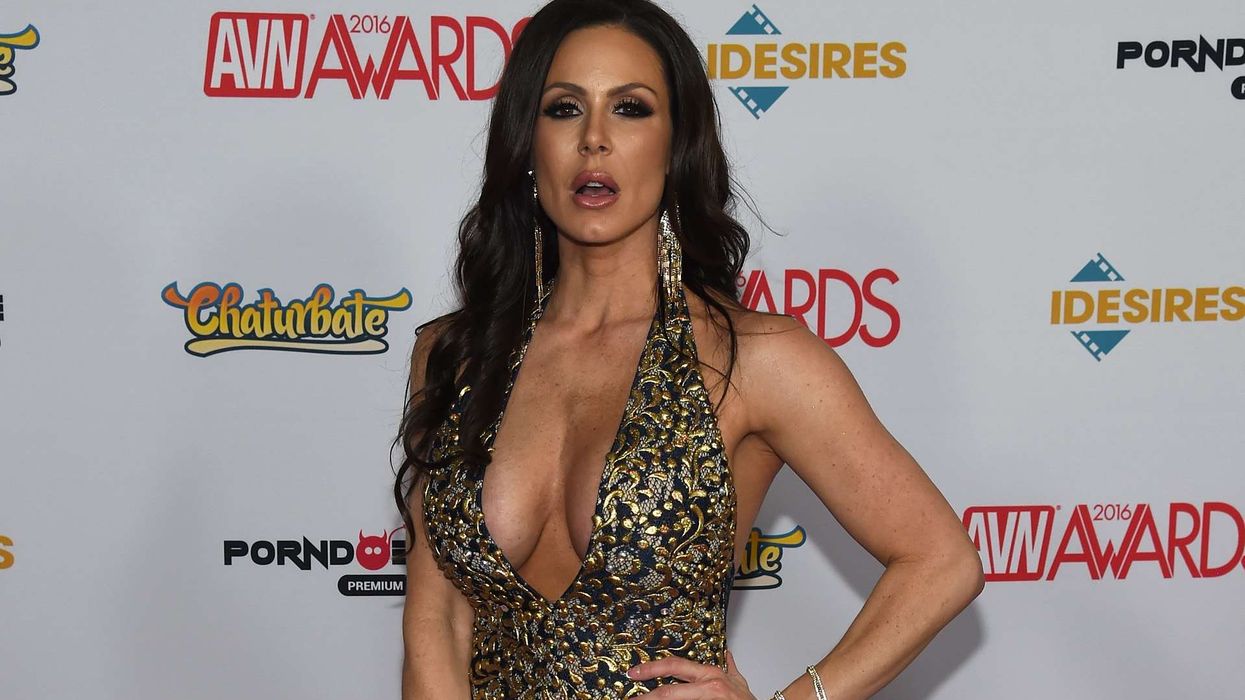by LAUREN CODLING
THE growing threat of the far-right needs to be urgently tackled, Labour leader Jeremy Corbyn has warned, as some polls indicate Nigel Farage’s Brexit Party (BP) looks to make gains in the EU elections next Thursday (23).
Britons will head to polling stations next week to elect 73 MEPs to the EU parliament, contrary to previous plans. The UK was originally scheduled to leave the EU in March, but the deadline has now been delayed to October, meaning the country is being forced to take part in the polls.
Prime minister Theresa May’s ruling Conservatives and the opposition Labour have urged voters to back their respective sides in the election as some surveys on Tuesday (14) showed Farage’s BP was polling higher than the two leading parties combined.
Farage, the former leader of right-wing party UKIP, which is also contesting the polls, launched the Eurosceptic BP last month.
Writing exclusively for Eastern Eye, Corbyn described the upcoming election as a “target and a battleground for far-right voices”.
Noting the discontent over the government’s handling of Brexit, the opposition leader said people known to “spew hatred and cause division are now using this vacuum of leadership caused by the Conservatives to win support in the EU elections this month”.
“We need real solutions, not scapegoats,” Corbyn said.
Last month, it emerged that former English Defence League (EDL) leader Tommy Robinson
has teamed up with Farage’s former party UKIP.
Robinson is currently standing as an independent MEP candidate for the north-west of England in next week’s elections.
In February, Facebook removed accounts belonging to Robinson, a far-right activist, for what the company said violated its “community standards” by promoting “organised hate” and other prohibited behaviour.
In his comment piece for Eastern Eye, the Labour leader described pro-Brexiteer Farage as a “snake oil salesman” who was attempting to divide Britain.
“As we know all too well, Nigel Farage already sees migrants who have made enormous contributions to our great nation as a threat – and his vision of a No Deal Brexit seeks to serve only the richest in our society,” Corbyn said.
On their campaign trails, several Conservative politicians have tried to persuade voters to not
back Farage’s party.
Former education secretary Nicky Morgan said it was time to tackle the “politics of division”
head on, while former universities minister Sam Gyimah said it was “time to call (Farage) out”.
“Harnessing grievance is Farage’s only card, but we know he’s never had a solid plan for our
great country,” he said. “We have vacated the pitch, and voters are flocking to him.”
Other Labour candidates have also questioned the authenticity of the BP’s election promises concerning Brexit. Claude Moraes, a senior Labour MEP running for London, described Farage as a “populist” who “whips up fear to get the votes”.
“It is fair enough to say Brexit hasn’t been delivered,” Moraes told Eastern Eye. “But will the BP deliver Brexit after the EU elections? No. Has Farage ever done anything besides whipping up anger? I would say no to that.”
He is also fearful that parties such as BP and UKIP may create ties with other far-right representatives in the EU parliament if elected. People who vote for certain parties need to be aware of how they will operate in the EU, Moraes said, so it is vital they understand the consequences.
“These parties will benefit from EU money and ally themselves with far-right parties (in EU parliament),” he warned.
Murad Qureshi, a fellow Labour MEP candidate for London, echoed a similar opinion. He said individuals associated with the far-right, such as Farage, UKIP leader Gerard Batten, and Robinson, should not be given platforms in Europe.
The EU elections are important, Qureshi said, so that voters can prevent figures such as Farage from representing them.
“London needs to send a powerful message to the far-right by rejecting UKIP and the Brexit Party,” he told Eastern Eye. “It is an opportunity to send a signal that they don’t want people like them representing us.”
Both Moraes and Qureshi compared Farage to US president Donald Trump, who saw a surge
of popularity from nationalist voters when he initially ran in 2016. Trump is also known for his antimigrant rhetoric.
The Labour candidates both noted similarities between Farage and Trump’s battle with the mainstream media, with both politicians claiming they were being negatively portrayed by biased news outlets.
“The mainstream media are giving (Farage) blanket publicity and that is what we need to worry about,” Moraes said, adding he was using “Trump-like tactics”.
“He is getting saturated coverage on the BBC, but then he is attacking them,” he continued. “This is exactly what Trump did. He is trying to attract disgruntled people with issues like immigration.”
After appearing on the BBC’s Andrew Marr Show last Sunday (12), Farage proclaimed the
broadcaster as the “enemy” after he accused them “behaving with outrageous bias.”
Ansar Ali Khan, the West Midlands Labour candidate, urged voters to support Labour as a way to fight against the far-right who “are focused on running a campaign of division and hatred”.
“At a time where people like Nigel Farage are getting an undeserved platform, it is vital for us to unite and work together to combat against this,” he told Eastern Eye.
Liberal Democrat candidate Dinesh Dhamija, who is a self proclaimed Remainer, said he had
been alarmed by the rise in hate crime against ethnic minorities since the Brexit vote.
“(The far right) have got a voice now,” he told Eastern Eye. “They essentially don’t like foreigners and think their jobs are being taken away.”
Adding he was pleased with the outpour of support for the Lib Dems who saw gains across the country at the local elections earlier this month, Dhamija said he was keen to see the party oppose the BP.
“Farage is on the other side and we need to be a bulwark against him,” the businessman said.
Former Labour MP Chuka Umunna said the UK should not forget Farage’s anti-immigrant
sentiment, noting his anti-migrant ‘Breaking Point’ poster during the 2016 referendum.
“He is being given a free ride in these elections by a Brexit-supporting media,” Umunna, who decamped to the Change UK party in March, argued. “It’s about time this nasty, divisive politics was challenged.












